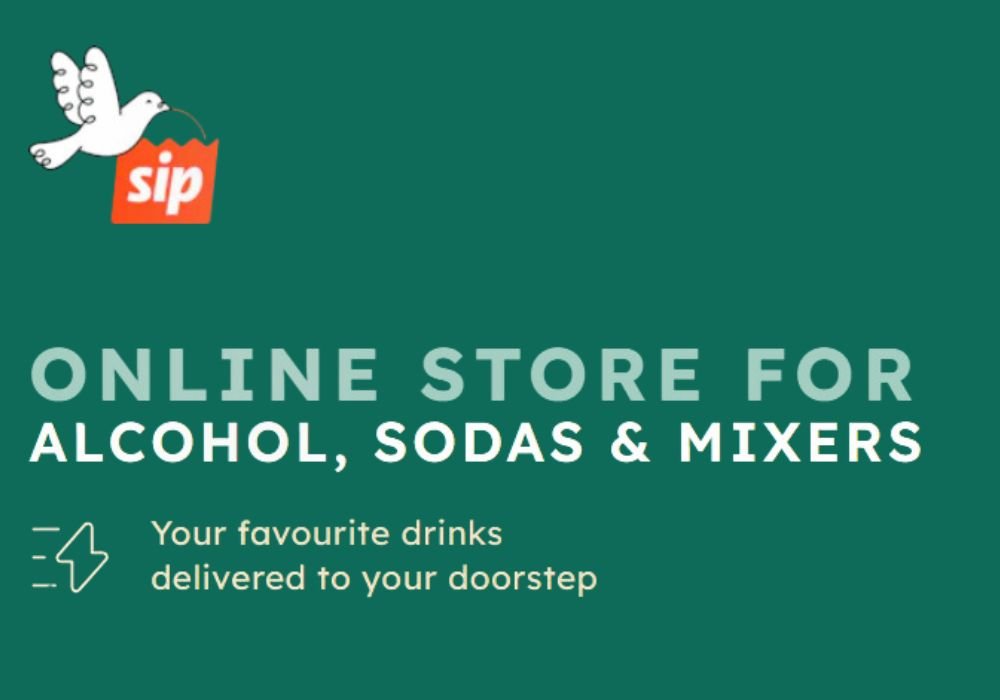Entrepreneurship in the AlcoBev Industry in India- Bust or Boon?

Embarking on a journey through India’s alcohol beverage (Alcobev) industry is akin to navigating a labyrinthine maze, rife with both promise and peril. For entrepreneurs venturing into this realm, it’s a rollercoaster ride that oscillates between boon and bust, shaped by a multitude of factors ranging from regulatory hurdles to societal perceptions.
Navigating Regulatory Hurdles – The highs and lows:
At the heart of the matter lies the formidable challenge posed by stringent government regulations, both at the national and state levels. The Alcobev sector is tightly gripped by a web of laws governing everything from production to distribution. The high entry barriers, stemming from these regulations, coupled with intricate supply chains and state-specific scrutiny, make establishing a foothold in this domain an arduous task. However, amidst this regulatory labyrinth, pockets of opportunity have emerged over the past decade. Many states have undertaken deregulation efforts, particularly for beverages with lower alcohol by volume (ABV) percentages. The proliferation of microbreweries stands as a testament to this trend, democratizing entry into the alcohol industry and fostering innovation.
The Cost of Enjoyment:
Yet, challenges persist, one among them being the exorbitant taxes levied on both imported and domestically produced spirits. Import duties, coupled with state-level excise duties, often inflate the final cost of alcoholic beverages to staggering proportions, hindering market accessibility and affordability for consumers.
Societal Perceptions – A Cultural Balancing Act:
Societal attitudes towards alcohol consumption further complicate the landscape. Despite its entrenched cultural significance, alcohol consumption remains stigmatized, especially among certain socio-economic strata. However, a shifting urban lifestyle, marked by escalating stress levels, has fuelled a growing acceptance of alcohol as a social lubricant, particularly in premium segments.
Nevertheless, the specter of addiction looms large, posing a formidable challenge for both individuals and society at large. While increased education and social media exposure have normalized alcohol consumption to some extent, the prevalence of cheap liquor among low-income groups underscores the pressing need for holistic intervention strategies to address the associated health and social ramifications.
A Glimpse of the Future – Innovations and Opportunities:
Amidst these complexities, a glimmer of optimism shines on the horizon. Globalization and deregulation initiatives promise to reshape the Alcobev landscape, unleashing a wave of innovation and entrepreneurship. Ready-to-drink (RTD) offerings and low-alcohol alternatives are poised to redefine social drinking across all demographic segments, presenting a fertile ground for enterprising minds to explore.
India’s Alcobev industry is woven with intricate threads of regulation, culture, and commerce. While challenges abound, the winds of change are palpable, heralding a new era of opportunity and growth. As the industry navigates this ever-evolving terrain, stakeholders must remain vigilant, adapting to shifting paradigms while staying true to their vision of a vibrant and responsible alcohol ecosystem.
About the Author

Harsha Vadlamudi, an entrepreneur from Hyderabad, co-founded Ironhill India, one of the country’s largest breweries. Influenced by his parents’ political views, he began planning his ventures at 19. After studying engineering at VIT and earning a Master’s from Western Michigan University, he met his co-founders in the USA. They launched Prost and Ironhill, focusing on Tier 2 cities. Currently studying at Harvard, Harsha drives expansion for IH Breweries and Restaurants, creating jobs and stimulating local economies. Balancing work and family, he enjoys new cuisines, travel, and badminton.



